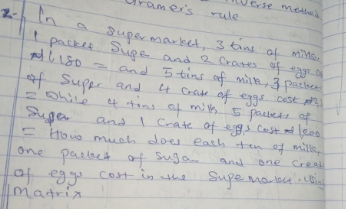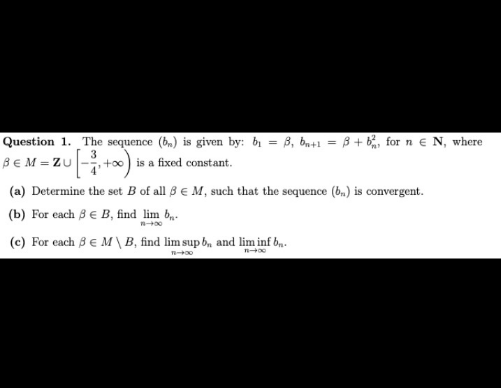
AllQuestion and Answers: Page 999
Question Number 120729 Answers: 1 Comments: 0

Question Number 120727 Answers: 1 Comments: 0

Question Number 120724 Answers: 1 Comments: 2

Question Number 120721 Answers: 2 Comments: 2

Question Number 120720 Answers: 2 Comments: 0
Question Number 120715 Answers: 0 Comments: 0

Question Number 120711 Answers: 3 Comments: 0
Question Number 120706 Answers: 0 Comments: 1
Question Number 120705 Answers: 0 Comments: 1
Question Number 120703 Answers: 1 Comments: 0
Question Number 120702 Answers: 0 Comments: 0

Question Number 120688 Answers: 1 Comments: 0
Question Number 120686 Answers: 3 Comments: 0
Question Number 120679 Answers: 2 Comments: 3
Question Number 120676 Answers: 0 Comments: 4

Question Number 120654 Answers: 2 Comments: 0
Question Number 120636 Answers: 0 Comments: 23
Question Number 120631 Answers: 1 Comments: 0

Question Number 120628 Answers: 0 Comments: 15
Question Number 120621 Answers: 0 Comments: 8
Question Number 120619 Answers: 1 Comments: 0

Question Number 120614 Answers: 0 Comments: 8
Question Number 120601 Answers: 1 Comments: 0
Question Number 120599 Answers: 0 Comments: 0
Question Number 120598 Answers: 0 Comments: 0
Question Number 120597 Answers: 0 Comments: 0
Pg 994 Pg 995 Pg 996 Pg 997 Pg 998 Pg 999 Pg 1000 Pg 1001 Pg 1002 Pg 1003
